In today’s digital era, smartphones have become an integral part of our lives, and mobile apps play a crucial role in enhancing our daily routines, studying habits, and working cores. Businesses are increasingly leveraging mobile apps to promote their products and services quickly. To develop these mobile apps efficiently, developers rely on various frameworks that provide the necessary tools and resources for app development. Among these frameworks, Android stands out as the leading platform due to its extensive app development market and access to a wide range of frameworks.
These frameworks offer a multitude of features and benefits that can help businesses create successful and innovative mobile applications. Whether you are a seasoned developer or a business owner looking to build a mobile app, choosing the right framework is crucial for the success of your project.
Kotlin: The Powerhouse Framework
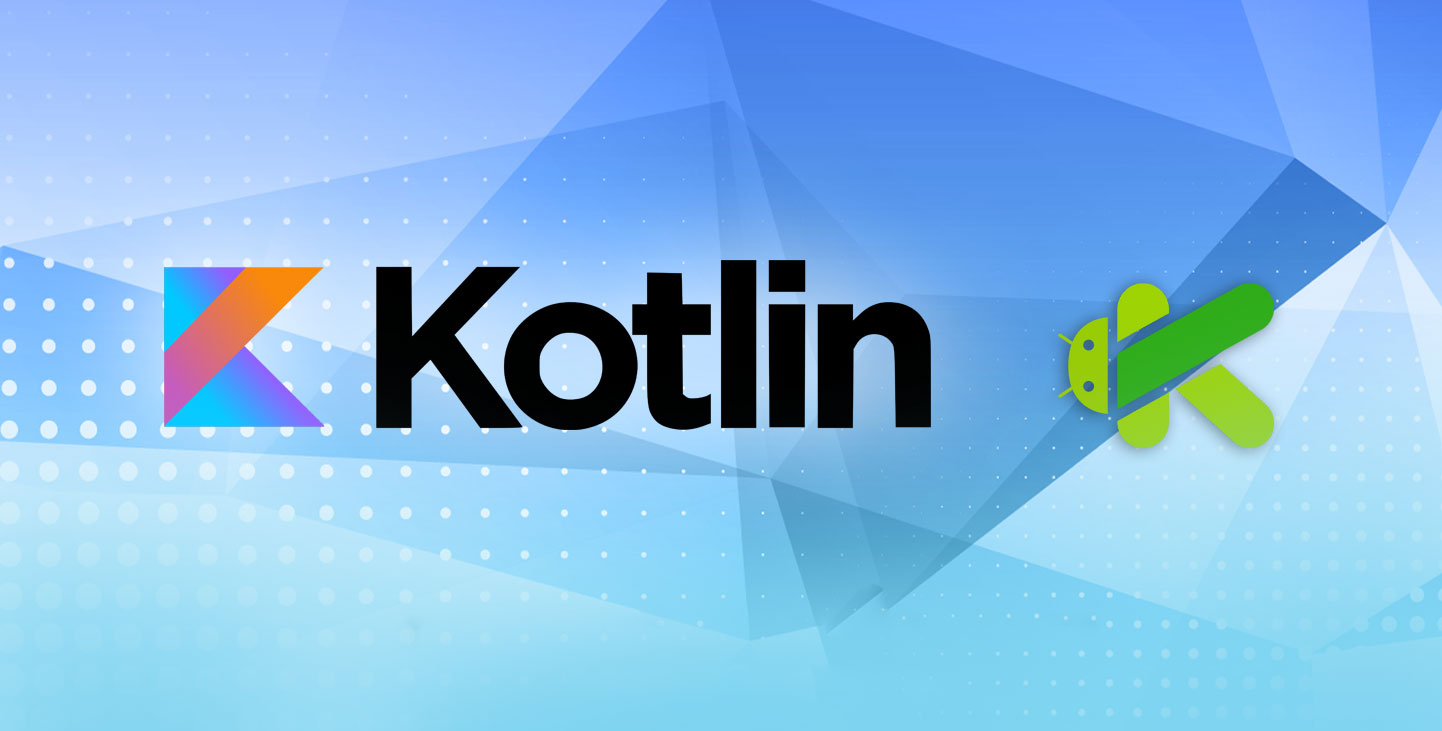
Kotlin is a powerful Android app development framework that allows developers to compile Kotlin code directly to native binaries, eliminating the need for a virtual machine or an interpreter. It offers various features such as compilation to native code, supported platforms, interoperability, memory management, and multiplatform projects. Kotlin’s concise and readable syntax, along with its interoperability with Java, makes it a popular choice among developers. Some notable apps built with Kotlin include Netflix, Evernote, and Trello.
Flutter: The Cross-Platform Marvel

Flutter, developed and maintained by Google, is a multiplatform mobile application SDK that enables developers to create apps in a variant manner compared to other Android frameworks. Written in Dart language, Flutter uses a 2D rendering engine called Skia, which allows for visually appealing apps with Cupertino style and material design. It offers an extensive widget library, enables code sharing among various platforms, and reduces development time and costs. Google Pay, ByteDance, and Hamilton are some popular apps built with Flutter Technology.
Ionic: The Hybrid App Development Framework
![]()
Ionic is an open-source Android framework that enables developers to design interactive apps using JavaScript, CSS3, and HTML5. Validated by MIT, Ionic is capable of interacting with AngularJS and offers cross-platform development capabilities. With its single code base, developers can build progressive web apps, desktop apps, and high-quality mobile apps. MarketWatch, Sanvello, and Untappd are examples of successful apps built with Ionic.
React Native: The Powerhouse of Cross-Platform Development
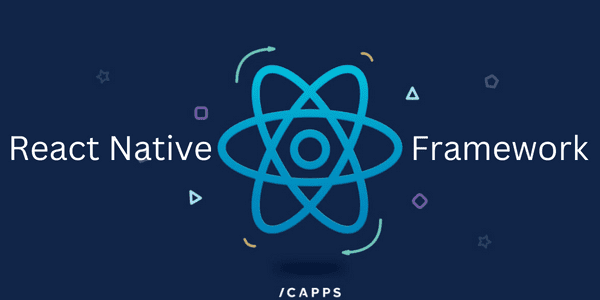
React Native is a powerful open-source framework that provides extensive support for other development tools and IDEs. It works based on React, a web solutions JS library, and allows developers to write code once and run it anywhere, thanks to its cross-platform APIs. React Native is widely used by organizations like Tesla, Walmart, and Airbnb to develop native mobile applications. Its features include easy bug tracing, support for third-party plugins, and hot reloading for faster bug fixing and feature development. UberEats, Bloomberg, and Mercari are some popular apps built with React Native.
Xamarin: The Cross-Platform Champion
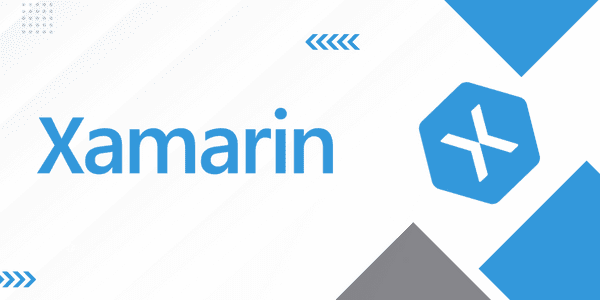
Xamarin is a cross-platform Android framework that utilizes C# and functions on Android, iOS, and Windows platforms. It helps reduce development time and costs, offers native user interfaces, and provides easy project integration through IDE. Xamarin is known for its easy maintenance, cost-effectiveness, and integrated testing capabilities. Storyo, CA Mobile, and Captio are examples of successful apps built with Xamarin.
NativeScript: The Native JavaScript Framework
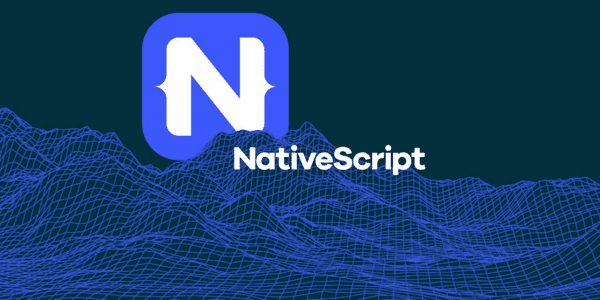
NativeScript is an open-source Android framework that allows developers to build hybrid applications using JavaScript-based frameworks like Vue or Angular. It offers convenient code reusability, data binding, and compatibility with various native APIs. NativeScript enables developers to build native JavaScript applications, offers faster app development without compromising quality, and provides excellent performance across multiple devices. MyPuma, Strudel, and Dwitch are some notable apps built with NativeScript.
Appcelerator Titanium: The Cross-Platform Marvel
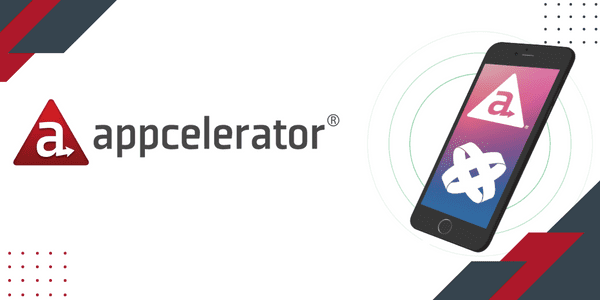
Appcelerator Titanium is a cross-platform and open-source Android framework that allows developers to create mobile applications using JavaScript codes. It offers a high level of code reusability, runs on multiple platforms, and provides a unified development environment. Appcelerator Titanium simplifies app integration, speeds up development, and minimizes development time. Kitchen Sink, Geocoder, and PlexusRx are some examples of apps built with Appcelerator Titanium.
Corona SDK: The Animation and Graphics Specialist

Corona SDK is a popular Android application framework known for its animation and graphics capabilities. It is ideal for developing 2D apps and games, offering real-time device testing and efficient cross-platform development. Corona SDK’s FPS (Frames Per Second) ensures smooth performance, while its media integration features enable developers to focus on app design. Angry Birds, The Lost City, and Warcraft are some well-known apps built with Corona SDK.
Framework7: The Progressive Web App Builder
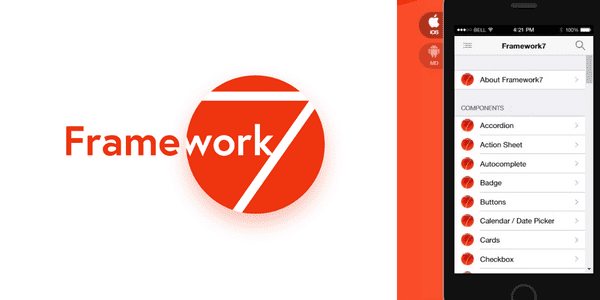
Framework7 is an MIT-licensed Android application framework known for its features that enable the easy and quick launch of apps. It offers a wide range of ready-to-use plugins and UI components, making it an excellent choice for building Progressive Web Apps (PWA). Framework7 can be used with other frameworks like Angular and React Native, resulting in faster and highly responsive apps. Backlogger, Seven Burger, and CookinGo are examples of successful apps built with Framework7.
Swiftic: The Flexibility Provider

Swiftic is an Android framework that helps developers build flexible and unique mobile apps. It offers a smooth user experience, easy integration with third-party services, and specialized banking capabilities. Swiftic provides features like simple integration and navigation, strong interaction with other parties, and eCommerce management. With Swiftic, businesses can streamline their mobile app development services and create highly flexible mobile apps. The Gentlemen’s Barber and The Flirty Ginger Boutique are examples of successful apps built with Swiftic.
Conclusion
In the realm of Android app development, choosing the right framework is crucial for the success of your project. The top 10 Android frameworks listed in this article offer a wide range of features and benefits that can help businesses create innovative and successful mobile applications. From Kotlin’s power and conciseness to Flutter’s cross-platform capabilities, each framework has its unique advantages. Whether you are a developer or a business owner, consider these frameworks when embarking on your Android app development journey. Harness the power of these frameworks to build modern and impactful apps that cater to the needs of your target audience.

